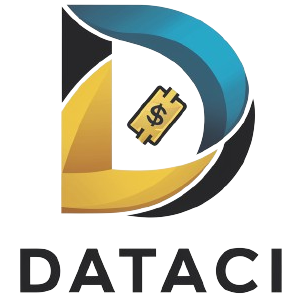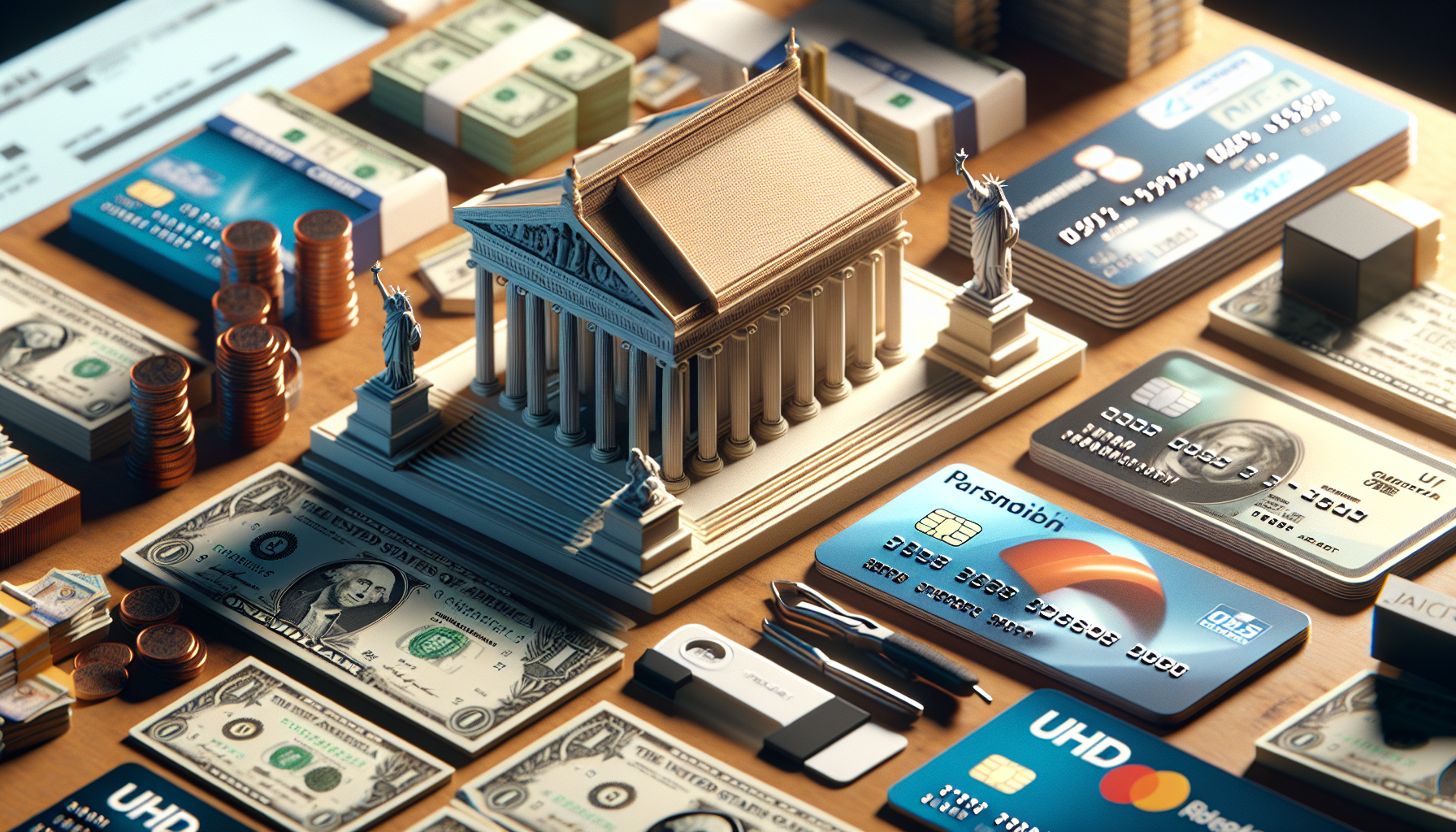Cashing a check without a bank account may seem challenging, but there are several options available. Whether you receive a paycheck, government check, or personal check, you can access your funds through various methods. In this article, we’ll explore five easy ways to cash a check without a bank account, including using the issuing bank, retailers, prepaid debit cards, payday or title lenders, and endorsing the check to someone else.
Cashing a Cheque at the Issuing Bank
One of the most straightforward ways to cash a check without a bank account is to visit the bank that issued the check. Many banks will cash their own checks for non-customers, although they may charge a fee for this service. The process is relatively simple, but it’s essential to locate the right bank and be aware of any potential fees.
To cash a check at the issuing bank, you’ll need to bring a valid government-issued ID, such as a driver’s license or passport. Some banks may also require a fingerprint for security purposes. Keep in mind that banks may have different policies regarding check cashing for non-customers, so it’s always best to call ahead and confirm their requirements.
Locating the Issuing Bank
To find the issuing bank, look for the bank’s name on the check. It’s usually printed in the bottom left corner or sometimes in the top center. If you’re unsure about the bank’s location, you can search online for the bank’s name followed by “branch locator” or “ATM locator.” This should provide you with a list of nearby branches where you can cash the check.
If you have trouble finding the issuing bank’s location, you can also call the bank’s customer service number for assistance. They should be able to provide you with the address of the nearest branch that can cash your check.
Fees for Non-Customers
While cashing a check at the issuing bank is a convenient option, it’s important to be aware of any fees associated with the service. Some banks charge a flat fee for cashing checks for non-customers, while others may charge a percentage of the check amount. These fees can vary widely depending on the bank and the size of the check.
| Bank | Fee for Non-Customers |
|---|---|
| Bank of America | $8 for checks over $50 |
| Wells Fargo | $7.50 for checks over $50 |
| Chase | $8 for checks over $50 |
Before cashing your check, ask about any fees and consider whether it’s worth paying them. In some cases, it may be more cost-effective to explore other check-cashing options.
Using a Retailer to Cash Your Cheque
Another option for cashing a check without a bank account is to visit a retailer that offers check-cashing services. Many large retailers, such as Walmart and grocery stores like Kroger, will cash checks for a fee. This can be a convenient choice, especially if you already shop at these stores.
To cash a check at a retailer, you’ll typically need to visit the customer service desk or a designated check-cashing area. You’ll be required to present a valid government-issued ID, and some retailers may also ask for a fingerprint. The store will then verify the check and provide you with the cash, minus any fees.
Retailer Cheque Cashing Fees
Retailers that offer check-cashing services usually charge a fee based on the amount of the check. For example, Walmart charges the following fees:
- For checks up to $1,000: $4
- For checks greater than $1,000 up to $5,000: $8
Kroger and other grocery stores typically have similar fees, although some may offer discounts if you have a store loyalty card. For instance, Kroger charges about the same as Walmart for check cashing but may reduce the fee by 50 cents for customers with a Kroger Shopper’s Card.
Retailer Cheque Cashing Limits
While retailers can be a convenient choice for cashing checks, it’s important to note that they may have limits on the types and amounts of checks they’ll cash. For example, some retailers may not cash personal checks or may have a lower limit on the amount they’ll cash compared to government or payroll checks.
Walmart, for instance, will cash most government, payroll, and other pre-printed checks, but they have a limit of $200 for two-party personal checks. They also charge a higher fee of $6 for cashing these personal checks.
Depositing a Cheque on a Prepaid Debit Card
If you don’t have a bank account but still want the convenience of depositing checks and accessing your funds electronically, consider using a prepaid debit card. Many prepaid cards allow you to deposit checks using a mobile app, making the process quick and easy.
To deposit a check on a prepaid debit card, you’ll first need to obtain a card from a provider like GreenDot, NetSpend, or PayPal. Some prepaid cards are available at retailers, while others can be ordered online. Once you have your card, you’ll need to activate it and set up an online account.
Choosing a Prepaid Debit Card
When selecting a prepaid debit card for check deposits, compare the fees and features of different cards. Some cards charge monthly maintenance fees, ATM withdrawal fees, or fees for reloading the card with cash. Look for a card with minimal fees that offers the features you need, such as mobile check deposit.
For example, the GreenDot prepaid card has a monthly fee of $7.95, but this fee is waived if you deposit at least $1,000 per month. The card also charges fees for ATM withdrawals and cash reloads, which can cost up to $5.95.
Depositing Cheques with a Prepaid Card App
Once you have your prepaid debit card, you can download the card’s mobile app to deposit checks. The process usually involves taking a photo of the front and back of the check and submitting it through the app. The funds will then be credited to your prepaid card account, typically within a few business days.
Keep in mind that some prepaid cards may have limits on the amount you can deposit via mobile check deposit. They may also charge a fee for this service, so be sure to review the card’s terms and conditions before depositing a check.
Cashing a Cheque at a Payday or Title Lender
If you need to cash a check quickly and don’t have a bank account or other options, you might consider using a payday lender or title lender. These businesses specialize in short-term loans but also offer check-cashing services. However, it’s important to understand that these services come with high fees and potential risks.
Payday lenders typically offer check-cashing services for a fee based on the amount of the check. For example, you might pay a flat fee of $2-$5 or a percentage of the check amount, which can be 1%-12% or more. Some payday lenders may also require you to take out a short-term loan as a condition of cashing your check.
Understanding Payday and Title Lender Fees
Title lenders, which use your vehicle title as collateral for short-term loans, may also offer check-cashing services. Like payday lenders, they charge fees for this service, which can be a flat rate or a percentage of the check amount. Be cautious when using these services, as the high fees can quickly add up, and you risk losing your vehicle if you can’t repay a title loan.
The fees for cashing checks at payday and title lenders vary depending on state laws and individual businesses. However, some examples of fees include:
- Amscot, a Florida-based payday lender, charges 9.9% of the check amount for personal checks.
- Some payday lenders charge a flat fee of around $5-$10 for checks under $100 and a percentage of the check amount for larger checks.
Before using a payday or title lender to cash a check, carefully consider the fees and potential risks. If possible, explore other options like the ones mentioned earlier in this article to avoid the high costs associated with these services.
Endorsing a Cheque to Someone Else
If you have a trusted friend or family member with a bank account, you can consider endorsing your check to them. By endorsing the check, you authorize the other person to cash it on your behalf. They can then give you the cash or deposit the check into their account and transfer the funds to you.
Endorsing a check to someone else can be a cost-effective way to access your funds without a bank account, as you’ll avoid many of the fees associated with other check-cashing methods. However, it’s crucial to choose someone you trust, as you’re essentially giving them control over your money.
How to Endorse a Cheque
To endorse a check to someone else, follow these steps:
- On the back of the check, locate the endorsement area, which is typically a blank space near the top.
- Write “Pay to the order of [Name of the person you’re endorsing the check to]” in the endorsement area.
- Sign your name below the “Pay to the order of” line.
- Give the endorsed check to the person you’ve designated to cash it.
Keep in mind that some banks may have specific requirements for endorsing checks, such as requiring both parties to be present when cashing the check. It’s best to check with the bank beforehand to ensure a smooth process.
Finding a Trustworthy Person
When choosing someone to endorse your check to, consider the following factors:
- Trust: Only endorse checks to people you trust completely, such as close friends or family members.
- Reliability: Choose someone who is responsible and has a history of managing money well.
- Communication: Make sure you can easily communicate with the person and that they’re willing to keep you informed about the status of your check and funds.
Remember, endorsing a check to someone else involves a level of risk, as you’re relying on them to handle your money properly. If you have any doubts or concerns, consider using one of the other check-cashing methods discussed in this article.
In conclusion, cashing a check without a bank account is possible through various methods, including visiting the issuing bank, using a retailer, depositing the check on a prepaid debit card, using a payday or title lender, or endorsing the check to someone else. Each option has its own advantages and disadvantages, so consider your specific needs and circumstances when deciding which method is best for you.
#ED#
See also:

